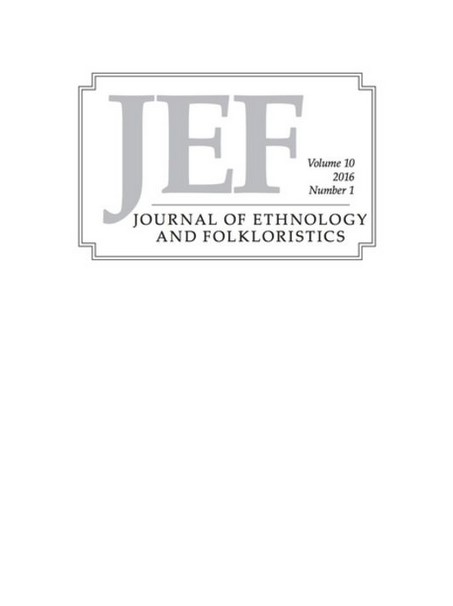Towards the Analysis of Tradition-based Projects of Locality: A Case Study from Rural Hungary
Towards the Analysis of Tradition-based Projects of Locality: A Case Study from Rural Hungary
Author(s): Ágnes EitlerSubject(s): Customs / Folklore, Cultural Anthropology / Ethnology, Rural and urban sociology, Identity of Collectives
Published by: Tartu Ülikool, Eesti Rahva Muuseum, Eesti Kirjandusmuuseum
Keywords: culture building; local identity; organising locality; (re-)valorising locality; staged folk tradition;
Summary/Abstract: In this case study I offer an insight into the activity of an association for local traditions in a Hungarian village. In addition, I provide some general analytical frames for the examination of such tradition-based locality projects. The field of the observation is Kóny, a village in north-west Hungary. Its peasant traditions – especially the famous male dance, Kóny verbunk – were re-contextualised from time to time in the 20th century. The latest, recent, wave of re-construction concentrates on the systematic (re-)valorisation of locality by highlighting its former peasant traditions and the vernacularisation of the concept of heritage. While the organising work means a new, shared everyday practice for the association’s members, performing the traditions in the public space offers the villagers an occasion to reinforce local identity and identify with the locality.
Journal: Journal of Ethnology and Folkloristics
- Issue Year: XVI/2022
- Issue No: 1
- Page Range: 29-54
- Page Count: 26
- Language: English

